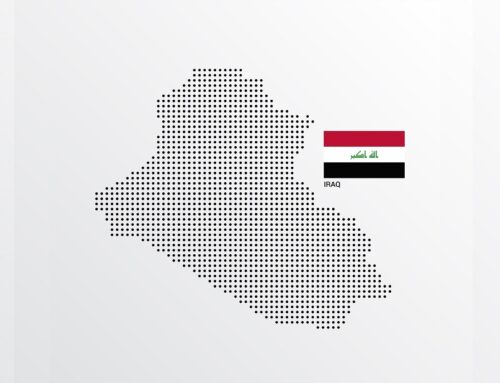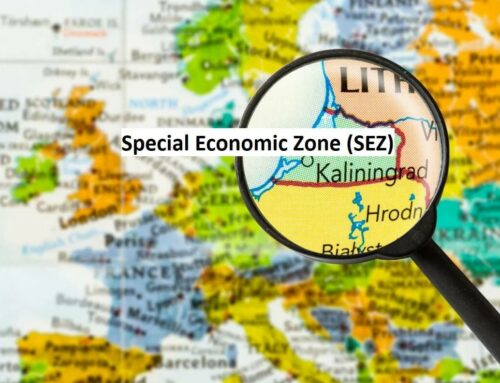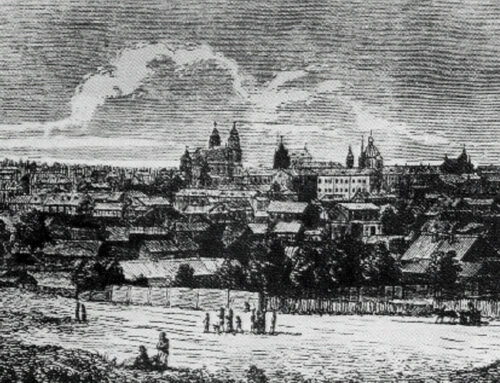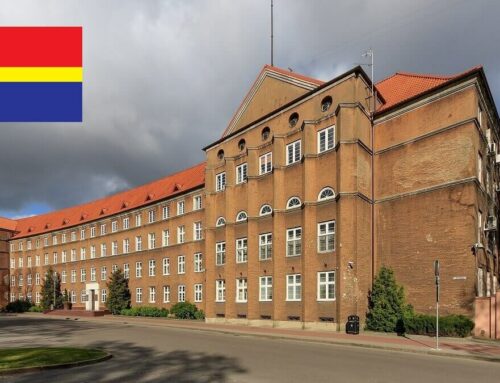by Diệp Nguyễn Thị Ngọc
The globalized world entails a trend of cooperation towards development goals, using peaceful negotiation methods to solve international problems. Countries around the world are increasingly tightening and elevating their cooperative relationships with other countries and regions in the world through treaties and agreements in many different fields. The relationship between the MOSO countries and Vietnam also follows these development rules.
Up to now, most of the MOSO countries have established diplomatic relations with Vietnam. MOSO countries such as the Czech Republic, Slovakia, Hungary, Bulgaria, and Albania are recognized as the first nations to recognize and establish official diplomatic relations with Vietnam in 1950. During 1945-1954, Vietnam was a young country, struggling in the recovering process after a long war, and receiving recognition of independence, sovereignty and territorial integrity from other countries. Throughout that difficult time, some of the MOSO states along with the Soviet Union, China and North Korea have established official diplomatic relations with Vietnam in order to support and help Vietnam achieve the goal. These valuable support and assistance are the foundation for the development and connection of Vietnam with MOSO countries up to the present.
The relationship of MOSO countries and Vietnam has generally been improved and deepened. There are 19 out of 22 MOSO members recognizing diplomatic relations with Vietnam before the year 2000; 9 embassies located in Bulgaria, Greece, Poland, Romania, Slovakia, Ukraine, Hungary, Belarus, Czech Republic. Currently, Vietnam’s diplomatic activities with this region are considered to be developing and have the potential for extensive development in the future. Some countries are considered as important partners of Vietnam such as Ukraine, Hungary, and Poland.
Hungary and Ukraine are two of the total 13 comprehensive partners of Vietnam. Diplomatic relations between Vietnam and other countries are divided into three main levels: comprehensive strategic partnership, strategic partnership and comprehensive partnership. A comprehensive partnership is a cooperative relationship between nations that have achieved a strategic level in one or several aspects, but have not yet reached the same level of cooperation in all aspects.
Regarding the diplomatic relations with Hungary, the comprehensive partnership was upgraded by the leaders of the two countries in September 2018. According to the leaders, the Vietnamese government and the Hungarian government both recognized each other as traditional friendship partners, and are the leading important partners in Southeast Asia and the Central-Eastern and Southeastern Europe respectively. In particular, the strength of Vietnam – Hungary relations stays in the field of economic – trade cooperation. This is the significant lever in upgrading the framework of relations between the two countries. Hence, the two countries expressed their desire to increase meetings and contacts between the governments of the two sides, strengthen diplomacy across channels, thereby promoting comprehensive relations in many fields such as health, technology, information, food safety, environmental protection, etc. Another country that can be taken as an example is Poland. In recent years, Vietnam – Poland cooperation has achieved many important steps in many fields. The figures for 2021 and 2022 of the WTO show that Poland is Vietnam’s largest trading partner in Central-Eastern and Southeastern Europe, and Vietnam is also recorded as Poland’s largest trading partner in Southeast Asia with a total trade value exceeding 4.6 billion USD.
In general, the relationship between MOSO countries and Vietnam is a long-standing friendship because of the sharing of the past ideology. Specifically, Vietnam and most of the MOSO countries belong to the Socialist block, under the leadership of the Soviet Union during the Cold War. Besides the positive aspects of the relationship with MOSO countries thanks to the past, bilateral and multilateral relations between Vietnam and these countries recently still have some drawbacks.
Firstly, although formed for a long time and recognised as traditional partners, relations between Vietnam and most MOSO countries are still considered not worthy of their potential. and in fact, it is unequal. With countries such as Poland, Hungary, etc. the level of investment and results of cooperation is quite strong and highly effective. Both Poland and Vietnam have agricultural advantages, basically there is no direct competition but effective support for each other. Poland is considered as the gateway to the European market of Vietnam, so the interactions between the two countries are very strong. Meanwhile, countries like Slovenia, Estonia, etc. just stop at basic diplomatic relations. There have not been any breakthroughs in other areas.
Secondly, Vietnam has not yet recognized the legitimacy of Kosovo, considering it only a problem and wants countries in the region to solve the problem in a peaceful and dialogue manner. The lack of recognition of Kosovo means that it is impossible to establish cooperative relations with Kosovo in practice.
The development orientation of cooperation between Vietnam and other countries in the world in the coming time consists of four points as follows: (i) maintaining peace and stability, respecting international law and the UN Charter; maintaining a favorable international environment for economic recovery cooperation, (ii) continuing to deepen cooperation, substantively, prioritizing infrastructure development, ensuring a sustainable supply chain, effectively implement agreements on digital transformation, green economy, human resource cooperation, science and technology; (iii) promoting cooperation on climate change, disease prevention, improving health and social security capacity, narrowing the gap between rich and poor, social inequality; (iv) strengthening forms of connection and exchange of delegations at all levels, investment, trade, cultural and public diplomacy.
In fact, Vietnam pursues the path of independence, balance of relations, steadfastness of goals, preservation of identity, assurance of interests, initiative and flexibility in behavior. Vietnam welcomes cooperation activities in various fields with other countries. The identification of partners or subjects in Vietnam’s political activities is also more temporal than long-term attachment. Currently, Vietnam still prioritizes regional cooperation and partners like ASEAN over nations with relatively remote geographical locations. However, cooperation with other countries has always been valued by Vietnam. For MOSO countries, the geographical location makes Vietnam and these countries less strategic competition and more likely to conduct cooperation in the future, especially in the fields related to the 4.0. revolution.
References:
- https://nhandan.vn/chuong-moi-trong-quan-he-song-phuong-viet-nam-hungary-post703119.html
- https://baochinhphu.vn/viet-nam-hungary-nang-tam-quan-he-len-doi-tac-toan-dien-102244483.htm
- https://www.qdnd.vn/quoc-phong-an-ninh/xay-dung-quan-doi/trien-lam-quoc-phong-quoc-te-viet-nam-2022-buoc-tien-quan-trong-trong-quan-he-viet-nam-ba-lan-713071
- https://www.vietnamplus.vn/viet-nam-va-ba-lan-con-nhieu-tiem-nang-du-dia-de-phat-trien-quan-he/851794.vnp
- https://trungtamwto.vn/chuyen-de/22971-ba-lan-la-doi-tac-thuong-mai-lon-nhat-cua-viet-nam-tai-trung-dong-au
- https://vov.vn/chinh-tri/hop-tac-viet-nam-ba-lan-dat-nhieu-ket-qua-post1007953.vov
- https://thanhnien.vn/chu-tich-nuoc-neu-4-uu-tien-hop-tac-giua-viet-nam-va-cac-nuoc-1851495074.htm
- https://plo.vn/4-uu-tien-cua-ngoai-giao-viet-nam-2023-post717121.html
Picture: Image by flatart on Freepik





